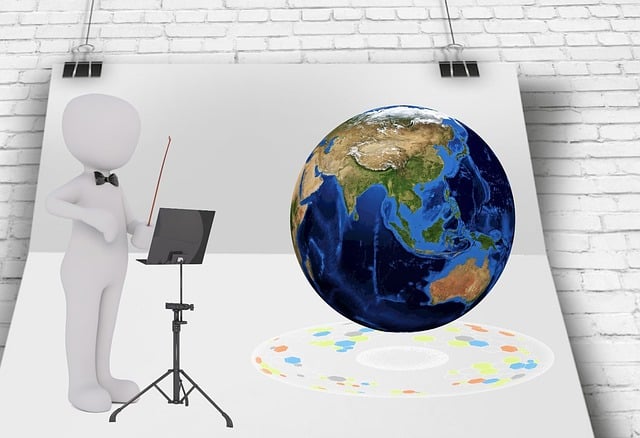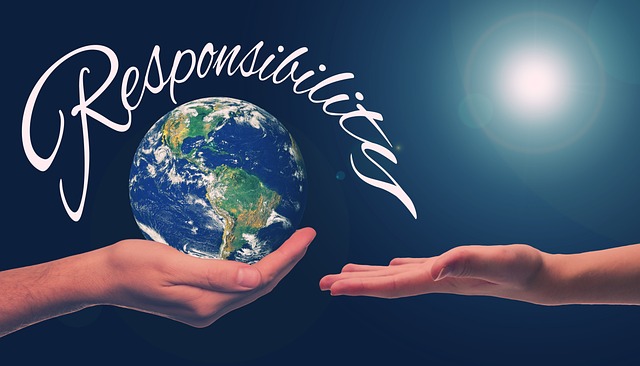Gambling addiction shows subtle signs like secrecy, restlessness, and neglect of responsibilities. Financial troubles due to excessive wagering and borrowing are common. Recognizing early indicators of responsible gambling is crucial for breaking the cycle. It impacts personal relationships with unpredictable behavior and broken trust. Open dialogue, clear boundaries, and support systems can mitigate these effects, fostering healthier interactions and stronger bonds.
Gambling addiction, often hidden behind the glitz and glamour of casinos, can have devastating effects. Recognizing the signs is crucial for seeking help early. This article explores behavioral changes indicative of a gambling problem, delves into the financial struggles often associated with addiction, and highlights its impact on personal relationships. Understanding responsible gambling is key to preventing these issues and ensuring a healthy lifestyle.
- Recognizing Behavioral Changes Indicating Addiction
- Financial Struggles and Gambling: A Troubling Connection
- The Impact of Gambling Addiction on Personal Relationships
Recognizing Behavioral Changes Indicating Addiction

Gambling addiction can manifest in subtle changes in behavior and attitudes towards gambling. Recognizing these signs early is crucial for practicing responsible gambling and seeking help if needed. Individuals struggling with addiction may exhibit increased secrecy around their gambling activities, often trying to hide their habits or keep it a “hobby” from friends and family. They might also experience restlessness, irritability, or anxiety when unable to gamble, indicating the need for the next fix.
As the addiction progresses, you may notice a decline in personal hygiene or appearance, as well as neglect of responsibilities, work, or relationships. Gambling becomes a top priority, leading to a disregard for consequences. This behavioral shift can result in financial troubles due to excessive wagering, borrowing money, or hiding gambling losses—behaviors that undermine economic stability and contribute to the cycle of addiction.
Financial Struggles and Gambling: A Troubling Connection

Gambling addiction often leads to significant financial struggles, creating a troubling connection between the two. When an individual becomes engrossed in gambling, they may prioritize their bets over other expenses, leading to impulsive spending and a disregard for budgeting. This behavior can quickly result in accumulated debt, overdrafts, and even bankruptcy. Many problem gamblers use their savings or even steal money to fund their addiction, causing severe financial distress.
The pursuit of responsible gambling is crucial in breaking this cycle. It involves setting strict budgets, understanding personal financial limits, and recognizing when to walk away from the tables or machines. Promoting responsible gambling practices can help individuals maintain financial stability and overall well-being while enjoying gaming activities.
The Impact of Gambling Addiction on Personal Relationships

Gambling addiction can significantly strain personal relationships, as the compulsion to gamble often takes precedence over social connections and responsibilities. When an individual struggles with this issue, their behavior may become unpredictable and erratic, leading to a breakdown in communication and trust among friends and family members. The constant need to seek out gambling activities can result in neglecting loved ones, missing important events, and even financial instability, all of which contribute to emotional distance and tension within relationships.
In the context of responsible gambling, it’s crucial to recognize these signs early on. Encouraging open dialogue about gambling habits and setting clear boundaries can help mitigate the impact. Support systems, such as counseling or support groups, play a vital role in assisting individuals with addiction while also fostering healthier interactions and stronger bonds within affected relationships.
Gambling addiction, often hidden beneath the facade of harmless entertainment, can have profound effects on an individual’s life. By recognizing behavioral changes, understanding financial struggles linked to gambling, and acknowledging the strain on personal relationships, we can foster a culture of responsible gambling. Early intervention and support are crucial in helping those affected break free from addiction’s grasp, emphasizing the importance of awareness and empathy in our approach to this pressing issue.






